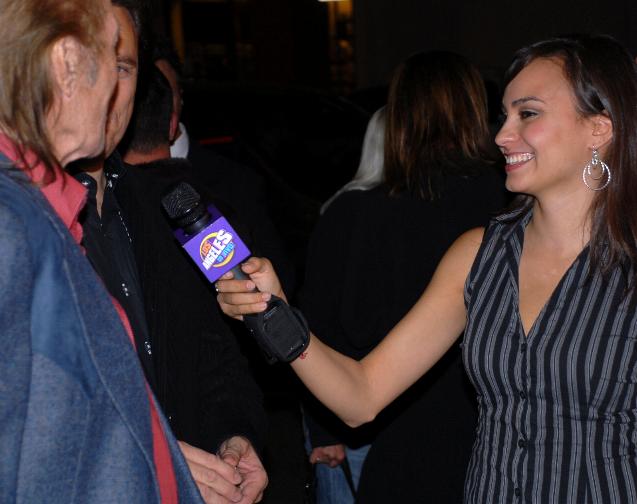
If you thought that I spent all of my working days and nights sitting behind a keyboard writing content for the web you would be wrong. OK, so 90% of the time that would be a pretty good description of what I do, but on occasion I do get out and about talking to people (oh yes, and listening to them too!)
After interviewing everyone from local parents to industry spokespeople and celebrity sportspeople, I feel I’m now in the position where I can offer some advice on how to do it. Here are my top five tips:
Prepare for every interview
You may only need a snippet or two to fill up some editorial space, but it is good practice to approach every interview in the same way. I would recommend always preparing a written list of questions to ask. That way you can structure your interview so that you start with safe, general questions that encourage your interviewee to open up. Once they are comfortable talking to you you are more likely to elicit the information you wanted, even if it touches personal issues.
Ensure you a clear about when and where you are meeting your interviewee, give a rough idea of the time you will take and stick to that time; respect that your interviewee has things of their own to do and your interview may not be the focus of their day. Double check your arrangements, especially if, like me, you have a tendency to recall a completely different time to the one you originally noted down.
If you are interviewing in person, bring a notebook and voice recorder, if possible, with plenty of spare pens AND BATTERIES! If interviewing by phone I strongly recommend using Pamela and Skype and setting Pamela up to auto-record all calls. Shorthand is a valuable skill to have as an alternative – I will relearn it one day!
Sort out your spellings and permissions first
I can’t recommend this tip enough! Before getting started, ensure that your interviewee knows a little bit about what you will be asking and where it will be published. Ask for their specific consent to be interviewed and make sure this is recorded on tape if possible (consent forms are an alternative but can make interviewees suspicious about exactly what you’re intending to ask). Remind them that they can ask you to omit anything they don’t want you to print, even after you have gone home. I have never had anyone take me up on this offer (on the contrary, it has usually been the case that the editor has decided not to print something that might cause controversy).
Make sure that all names, even ones that sound simple, are clearly spelt out, again on tape if you can. Kerry will not appreciate being called Kerri, Ceri or Keri when she reads your piece.
Start talking – and listening!
In my opinion, one of the most important skills of an interviewer is to be able to deviate from the list of questions in his or her hand when necessary. Listen to what your interviewee is telling you and if a new avenue of interest opens up, follow it. Try to remain aware of when an interviewee has already answered a question you have written further down your list, and be prepared to skip it. Having said that, you also need to get what you came for, so you may need to bring your interviewee back to the list if time is short and they are wandering off on fruitless tangents. In a nutshell: use your list of questions to shape the interview not to restrict it.
Dig for opinions and feelings
Don’t waste your interview time asking for facts you could (and should) have got from your research. You have the privilege of talking to a living, feeling human being with their own opinions and that is what most people want to read about. Great questions to ask again and again are, ‘…and how did that make you feel?’ and, ‘…so what did you think about that?’.
Swap numbers
My final tip is to make sure you have your interviewee’s contact details for the coming weeks. When transcribing your interview, you may find that some information is unclear and a quick phone call can clarify the details. Ensure your interviewee has your details too. That way they can approach you if they have any queries or get the jitters and want to retract any comments. Don’t offer to send them a copy of your story before publication; you don’t need a lay editor. As long as you obtain consent and use their own words, your interviewee should have nothing to be concerned about.
Please feel free to share your interviewing tips or to ask any questions. If you liked this post, please consider joining my mailing list to keep up to date with my latest news, recommendations and offers!

